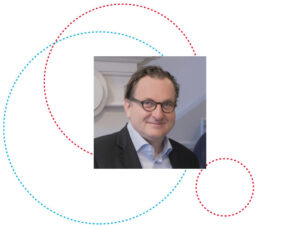People work much less today than they used to in the past. Take a male full-time production worker in the U.K. His weekly workload dropped from 56.9 hours in 1870 to roughly 42 hours in 2000, an absolute decline of 35%. At the same time, his standard of living soared. What does modern growth theory have to say about these striking evolutions?
Until recently, the answer was: very little. The workhorse model of growth theory had a missing link. As people get richer and earn higher wages they rather “buy” more leisure than “sell” more hours of work. It was only in 2020 when this deficiency was amended.
Researchers Andreas Irmen, Professor of Economics at the Department of Economics and Management of the University of Luxembourg, and his former doctoral student, Dr. Ka-Kit Iong, build on these recent theoretical advances in their paper “The supply of hours worked and fluctuations between growth regimes” that is forthcoming in the Journal of Economic Theory. Their contribution shows that well-received mechanisms about the functioning of smooth growth processes may no longer work when this empirical regularity is taken into account.
The authors make this point in an economic model where life-cycle savings drive the price of assets. The demand for assets stems from the young who earn income and save for retirement. The supply stems from the retired old who sell assets to finance their consumption. As usual, the equilibrium price of assets will be low if the supply is large relative to its demand. The analysis highlights the role of the total wage income for the asset demand. This income hinges on the cohort size and on the willingness of the cohort members to supply hours of work when wages increase.
The economy grows smoothly if the supply of hours worked does not respond to rising wages. So far, so good. However, the picture is different if one takes the missing link into account. Rising wages that reduce the individual supply of hours worked dampen the evolution of the total wage income and reduce the equilibrium price of assets. Then, the evolution of the economy is no longer smooth but involves regime switches. In some periods, the total wage income will not support a high price of assets. Hence, new firms that rely on substantial revenues generated by an initial public offering cannot break even. They will not enter and the evolution of the economy stagnates.
The paper, that has also attracted the interest of applied mathematicians working on continuous unimodal maps, is available to download from the web page of the Journal of Economic Theory.
